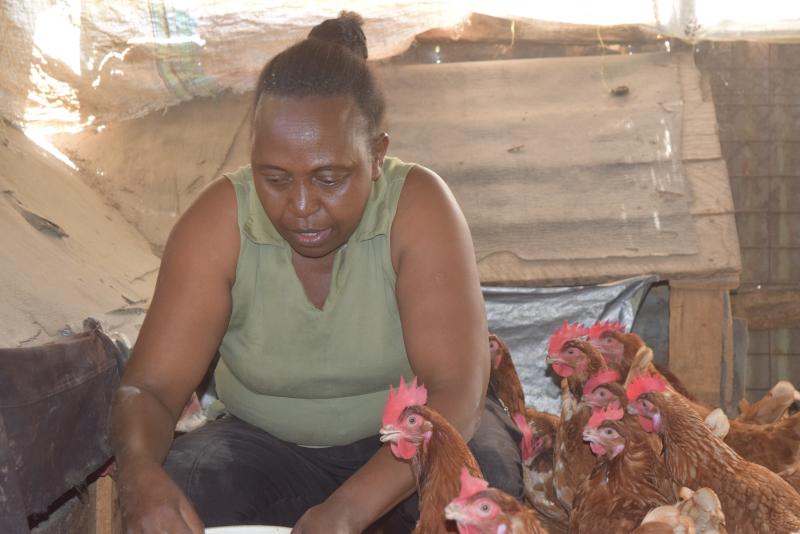
Back in the 90s, Doris Muthomi got a chance to visit Kabarak Girls High School, for an educational tour. She was then a student at Materi Women Training Institute in Tharaka Nithi County. As part of the tour, Muthomi and her team also toured the school’s poultry farm.
“I was really amazed how they were doing modern poultry keeping with technology. They had these automated drinkers from which the chicken’s got water and hygiene was of high standard. I vowed to have such a farm someday. I also borrowed a lot of lessons from the farm,” Ms Muthomi says.






